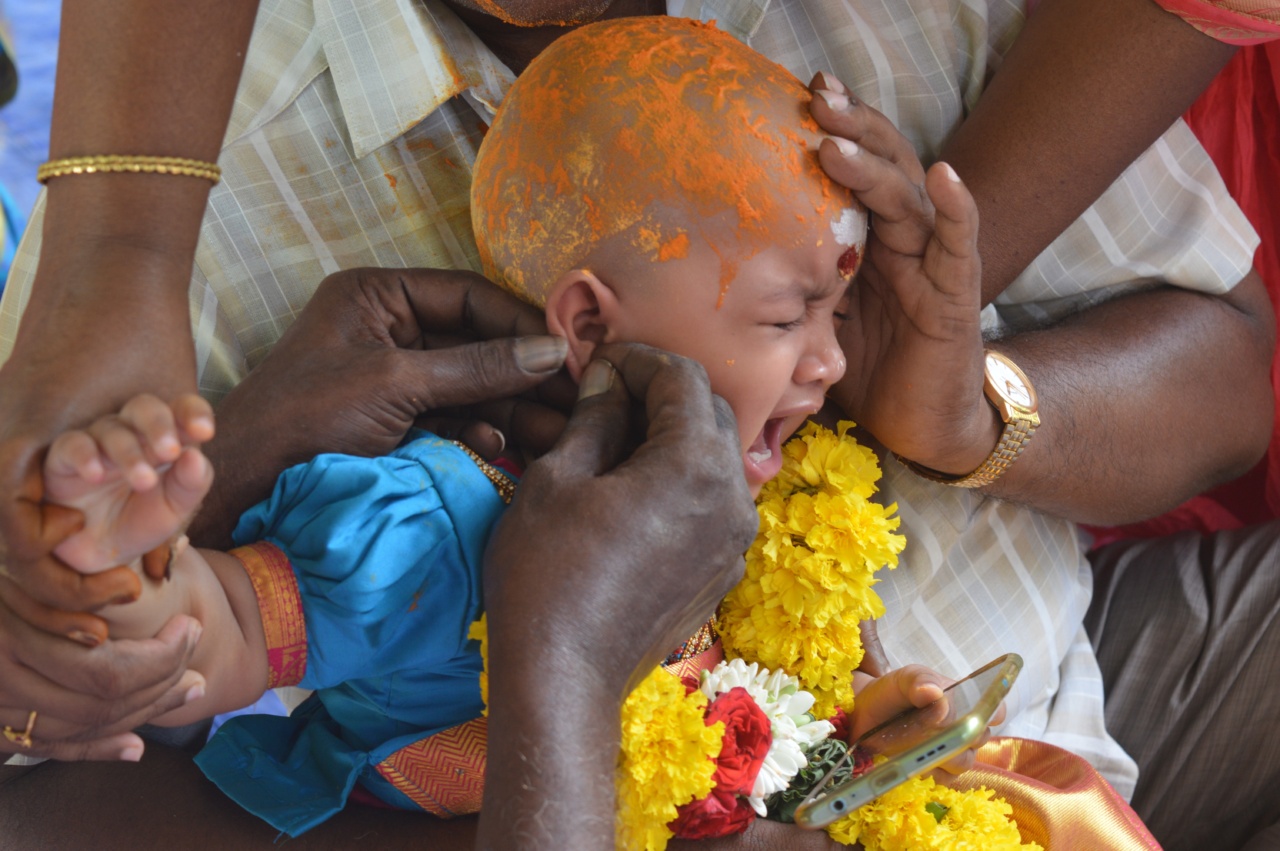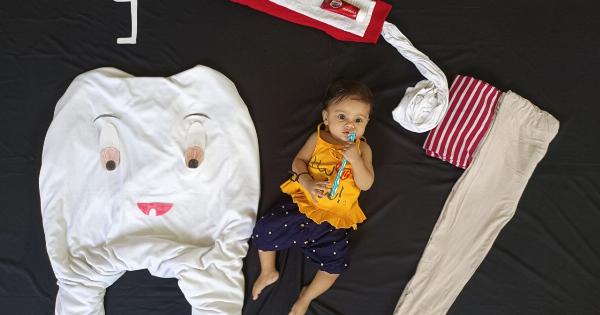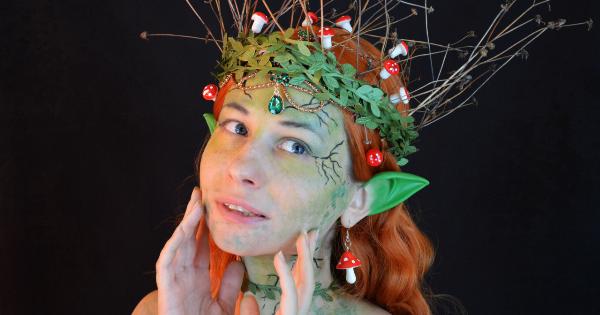Ear piercing is a common practice and has been performed for thousands of years. The act of piercing one’s ears, for religion, cultural, or personal expression, has long been a rite of passage or a way of celebrating milestones.
In some cultures, ear piercing is done shortly after a child’s birth, while in others, it is a tradition to reserve for young girls as a symbol of becoming a woman.
But when it comes to piercing a baby’s ears, many are left wondering if it is ethical. Some argue that it is unnecessary, as the child cannot make the decision on their own.
Others argue that it is a harmless and common cultural practice that has been done for centuries. Let’s dive into the topic and explore the ethical implications of ear piercing for babies.
What are the arguments for piercing a baby’s ears?
Proponents of ear piercing for babies view it as a cultural tradition that holds significant meaning. Many families believe that piercing their child’s ears is a way to celebrate and commemorate milestones, such as the baby’s first birthday.
Furthermore, some argue that it helps to identify the baby as a girl, particularly when they are dressed in gender-neutral clothing.
Another argument in favor of ear piercing for babies is that the pain and discomfort associated with it are only temporary. Babies have a soft spot on their earlobes, which makes the procedure relatively easy, quick, and painless.
Supporters also point out that it is easier to care for a baby’s newly-pierced ears than it is for an older child or adult.
What are the arguments against piercing a baby’s ears?
Opponents of ear piercing for babies have a wide range of arguments, from concerns about safety and potential health risks to the ethical implications of the practice.
One of the primary concerns is the potential risk of infection, particularly if the piercing is not done in a sterile environment or the aftercare is insufficient. Babies’ immune systems are still developing, and they may be more susceptible to infections, which can be particularly challenging to treat in infants.
Another argument against ear piercing for babies is the issue of consent. Critics note that babies cannot give their informed consent either to the procedure or the said cultural tradition.
Some argue that the decision to pierce a baby’s ears should be left to the child once they are old enough to decide for themselves.
Moreover, some feel that ear piercing is a form of body modification that should not be done to those who have not explicitly consented.
While ear piercing is relatively mild compared to other forms of body modification, such as tattoos or plastic surgery, some opponents argue that it is still a permanent change to the body that a person should be able to choose for themselves.
What are the ethical implications of piercing a baby’s ears?
Ear piercing for babies raises some significant ethical questions. The most significant issue is that of informed consent. Ethical principles dictate that individuals must be adequately informed before they can make decisions about their body.
Even if the consent involves no actual harm or risk, it is still essential that they agree to the procedure.
Babies cannot give informed consent; thus, by piercing their ears, parents are making decisions on their behalf.
Babies cannot understand the potential risks or benefits of the procedure nor weigh the potential outcomes against their long-term implications. Furthermore, once the ears are pierced, it is a permanent change and cannot be undone – even if the child decides they do not want ear piercings when they are older.
Some parents choose to wait until their child can make the decision for themselves, while others argue that it is only a cultural tradition and not an irreversible decision.
The context of the ear piercing is vital to clarify if the expression of culture is harmful, neutral, or beneficial to the child.
Conclusion
Ultimately, the decision to pierce a baby’s ears is a choice that parents must make.
Both perspectives present valid arguments; however, informing parents of the risk of the procedure, and allowing them enough time to decide whether or not to apply the piercing should be standard. At the end of the day, parents who choose to pierce their baby’s ears should do so responsibly and discuss any lasting implications with their child.






























